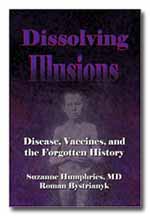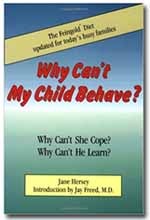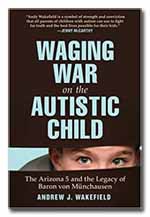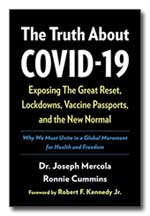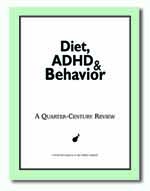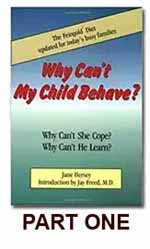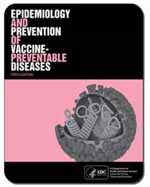 Pediatrics, 1978. Jun;61(6):818-28
Pediatrics, 1978. Jun;61(6):818-28
In a double-blind diet study in which all food was provided for a “Feingold Diet” and a “control diet,” parents of 63% of the 36 school-age children and 100% of the 10 preschool children reported improved behavior on the Feingold Diet. Nevertheless, Harley concluded there was “no support for the Feingold hypothesis.”
Harley discounted the 63% of school children, claiming an “order effect,” and he discounted the 100% of preschoolers, blaming the “small sample size and lack of teacher ratings.” They were PRE-schoolers; did he not know in advance that there would be no teacher ratings?
NOTE: This study was funded by the “Nutrition Foundation,” a food additive and chemical industry organization.
MedLine || Full Text || Get Password || analysis by Dr. Weiss (use same password)
Dr. Bernard Weiss, Professor of Toxicology at University of Rochester School of Medicine, analyzed the Harley study in detail (see link above), concluding that there was no order effect, but rather that there was a significant diet effect.






